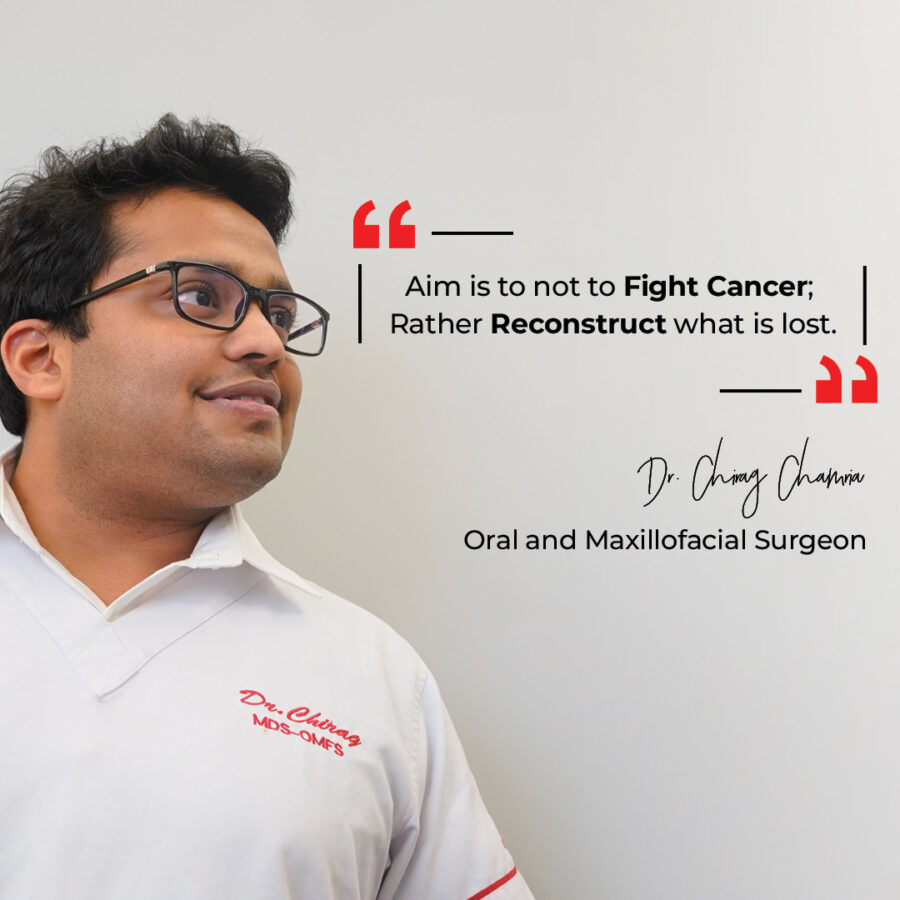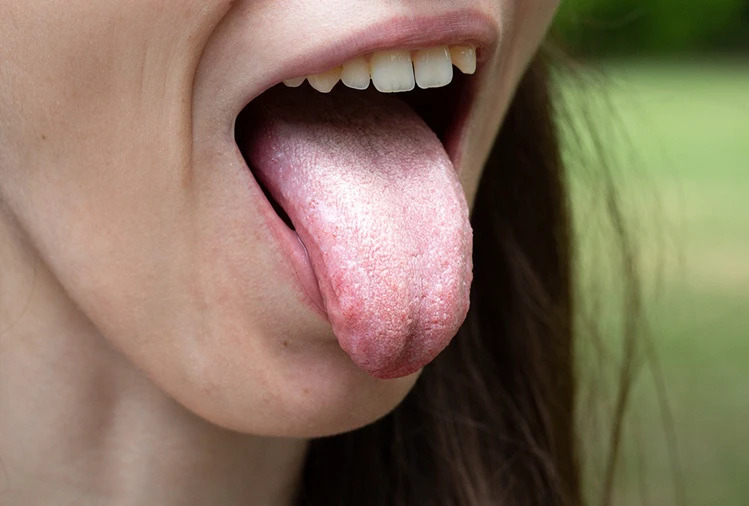Are you tired of dealing with painful tongue cuts caused by sharp teeth? It’s a common problem that can be not only uncomfortable but also frustrating to deal with. Fortunately, there are several tips and tricks you can use to alleviate the discomfort and prevent future cuts. From simple remedies like using mouthwash and avoiding spicy foods to more advanced solutions like orthodontic treatment, there are options for everyone. In this article, we’ll explore some of the most effective ways to deal with sharp teeth and minimize the risk of tongue cuts. Whether your teeth are naturally sharp or you’ve recently had dental work done, these tips will help you say goodbye to tongue cuts for good. So, let’s get started and discover how to keep your mouth healthy and pain-free.
What is Tongue Laceration
A tongue laceration refers to a cut or tear in the tongue. This can happen due to various reasons, such as accidentally biting the tongue, trauma, or injury. The severity of a tongue laceration can vary, ranging from a minor cut that may cause discomfort to a more significant tear that might lead to bleeding and pain. Treatment typically involves cleaning the wound, controlling bleeding, and in more severe cases, seeking medical attention to ensure proper healing and prevent complications.
Why Are My Teeth So Sharp?
Your teeth are likely sharp due to a natural process called enamel wear. This is a gradual process that occurs as you chew and grind your teeth throughout your life. Enamel is the hard outer layer of your teeth, and it can wear down over time, exposing the dentin underneath. Dentin is softer than enamel, so it can feel sharper when it is exposed.
There are also other several reasons why teeth can become sharp. In some cases, it may simply be a natural variation in tooth shape. For example, some people may have naturally pointed canines, which can be more prone to causing tongue cuts. In other cases, teeth may become sharp due to wear and tear over time. This can happen as a result of grinding or clenching the teeth, which can cause the biting edges to become jagged and rough. Sharp teeth can also be a side effect of dental work, such as braces or other orthodontic treatments.
Risks of Sharp Teeth on Tongue Cut
Sharp teeth can be more than just a nuisance. They can also pose a risk to your oral health. When teeth are sharp, they can easily cut the tongue or other soft tissues in the mouth, which can lead to pain, discomfort, and even infection. Additionally, sharp teeth can make it more difficult to chew and swallow food, which can lead to digestive issues and poor nutrition. Finally, sharp teeth can also cause damage to other teeth, as they can create friction and wear down the enamel over time.

- Damage to dental work: If sharp teeth come into contact with dental work like braces, retainers, or fillings, they can cause damage or even dislodge the devices altogether.
- Difficulty eating: Extremely sharp teeth can make it more challenging to eat certain foods or can cause discomfort when biting down on harder items.
- Potential for infection: Bites from sharp teeth can easily break the skin and lead to an increased risk of infection if not properly treated.
How To Fix Sharp Teeth in Children to Avoid Tongue Cut
Teach proper biting and chewing techniques: Encourage your child to use their back teeth for chewing and to avoid biting down too hard on sharp or hard items.
Provide soft foods: Offer your child soft, easy-to-chew foods like cooked vegetables, pasta, and soft fruits to minimize discomfort when eating.
Encourage dental hygiene: Make sure your child is brushing and flossing regularly to keep their teeth clean and minimize the risk of decay or gum disease.
Consider a mouth guard: If your child has particularly sharp teeth that are causing discomfort or injury, a dentist can fit them with a custom mouth guard to protect their mouth and gums.
Smooth rough edges: A dentist can smooth out sharp or jagged edges on your child’s teeth to make them more comfortable and reduce the risk of injury.
Monitor for changes: Keep an eye on your child’s teeth for any signs of wear or changes in shape, as this could indicate an underlying dental issue that needs to be addressed.
How To Fix Sharp Teeth in Adults
Maintain good oral hygiene: Brush and floss regularly to keep your teeth clean and free from decay or gum disease.
Be mindful of biting and chewing: Avoid biting down too hard on sharp or hard objects, and try to use your back teeth for chewing.
Consider a mouthguard: If your sharp teeth are causing discomfort or injury, a dentist can fit you with a custom mouthguard to protect your mouth and gums.
Smooth rough edges: See a dentist to have any sharp or jagged edges smoothed out to reduce discomfort and the risk of breakage.
Consider dental bonding: In some cases, a dentist may recommend dental bonding to reshape sharp teeth and improve their appearance and function.
Address underlying dental issues: If your sharp teeth are caused by an underlying dental issue like TMJ disorder or teeth grinding, it is important to address the root cause of the problem to prevent further damage.
Home Remedies For Relieving Discomfort From Sharp Teeth
While it is important to seek advice from a dental professional if you are experiencing discomfort from razor-edged teeth, some home remedies may help provide temporary relief:
Saltwater rinse: Mix a teaspoon of salt with warm water and swish it around your mouth for 30 seconds to help reduce inflammation and kill bacteria.
Cold compress: Apply a cold compress to the outside of your cheek to numb the area and reduce swelling.
Clove oil: Dab a small amount of clove oil onto the affected tooth or area to help reduce pain and inflammation.
Over-the-counter pain relievers: Ibuprofen or acetaminophen may help to temporarily relieve discomfort caused by sharp teeth.
Avoid hard or sticky foods: Stick to soft foods and avoid biting down too hard on sharp or hard objects to minimize discomfort.
Gentle brushing and flossing: Make sure to brush and floss gently to avoid aggravating the affected area.
When To See a Dentist About Sharp Teeth?
If you’re experiencing significant discomfort from sharp teeth or are concerned about the impact they may be having on your oral health, it’s important to see a dentist or orthodontist. They can evaluate your teeth and recommend appropriate treatment options, which may include orthodontic treatment, dental crowns, or other restorative procedures. Additionally, they can guide how to manage any discomfort or pain in the meantime.

Dental Treatments For Sharp Teeth to Avoid Tongue Cut
Sharp teeth can be treated with a variety of dental treatments depending on the underlying cause of the issue. Here are some common dental treatments for sharp teeth:
Tooth reshaping: This procedure involves gently filing down the sharp or jagged edges of the teeth to make them smoother and more comfortable.
Dental bonding: This involves applying a tooth-colored resin to the affected teeth to improve their appearance and shape, as well as make them more comfortable.
Dental crowns or veneers: For more severe cases, a crown or veneer may be recommended to reshape and protect the affected teeth.
Orthodontic treatment: If sharp teeth are caused by misalignment or bite issues, orthodontic treatment may be recommended to correct the underlying issue and improve dental health.
Mouth guard: In some cases, wearing a custom-fitted mouth guard can help protect your teeth from damage and reduce discomfort caused by sharp teeth.
How To Prevent Sharp Teeth
Preventing razor-edged teeth is often easier than treating them. One of the most important steps you can take is to practice good oral hygiene habits. Brush and floss regularly, and visit your dentist or orthodontist regularly for checkups and cleanings. Additionally, be mindful of what you eat and avoid foods that are overly spicy or acidic. Finally, if you’re prone to grinding or clenching your teeth, consider using a mouth guard at night to reduce wear and tear on the teeth.
Conclusion
Sharp teeth can be a frustrating and uncomfortable problem, but there are several ways to manage the issue and prevent tongue cuts. From simple home remedies to more advanced dental treatments, there are options available for everyone. If you’re experiencing significant discomfort or are concerned about the impact of sharp teeth on your oral health, don’t hesitate to seek guidance from a dentist or orthodontist. With the right care and attention, you can keep your mouth healthy and pain-free for years to come.
© All rights reserved by Royal Dental Implants Pvt Ltd
Issued in public interest






